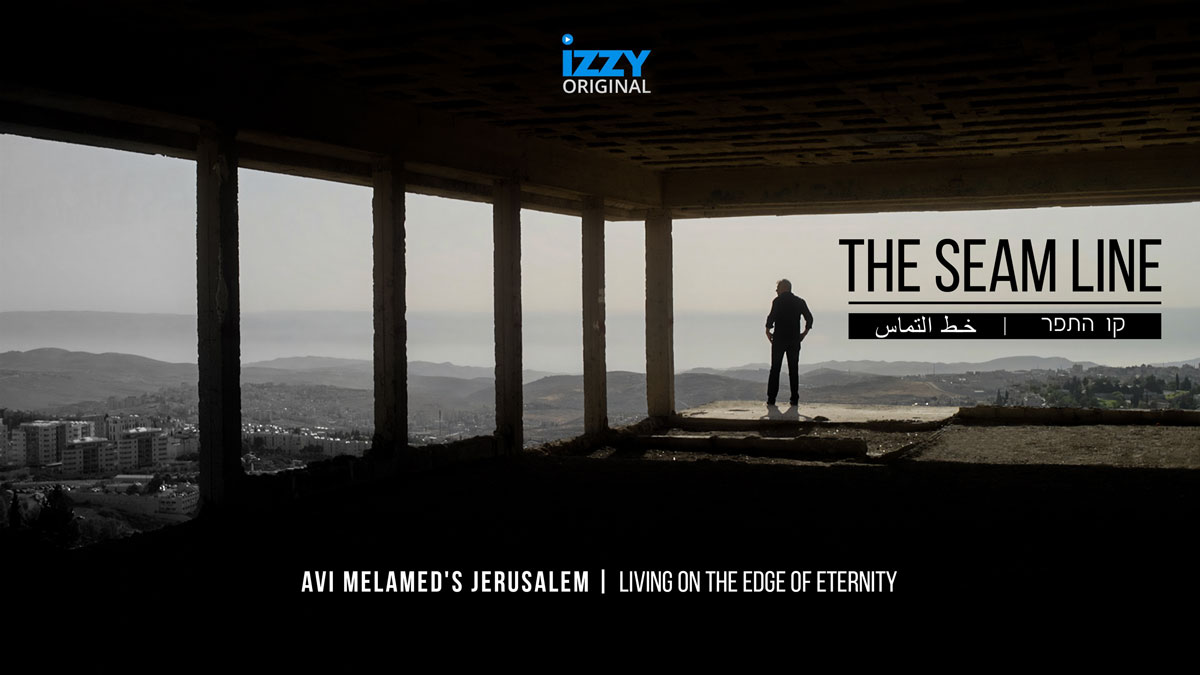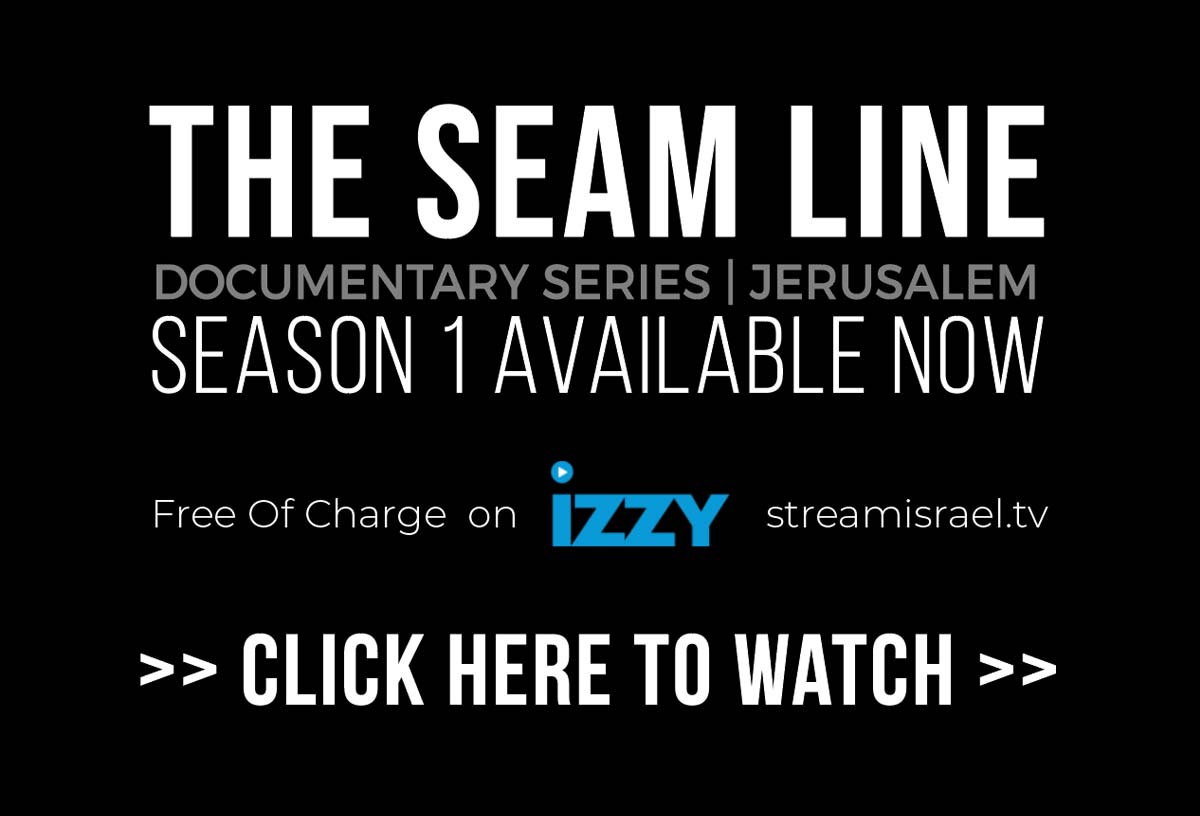|
Getting your Trinity Audio player ready...
|
Avi Melamed’s insights quoted in “Senior Hamas leader killed in blast in Beirut, group says”, an article by Sarah Dadouch and Claire Parker for The Washington Post – Tuesday, January 2, 2024
The killing is probably embarrassing for Hezbollah, given the location of the strike and the fact that Arouri was a “personal guest” of its leader, Hasan Nasrallah, in Lebanon, according to Avi Melamed, a former Israeli intelligence official and regional analyst.
Taking out someone of Arouri’s stature could “in a short period of time significantly impact the ongoing operation of the organization.”
“But at the end of the day, we know there is no one who has no replacement,” Melamed said.
BEIRUT — An explosion in a Beirut suburb Tuesday killed Saleh Arouri, a senior Hamas leader, the group said in a statement, and the attack raised the specter of the conflict in Gaza expanding into the kind of wider war that Israel, Iran and its allied groups have so far avoided.
Arouri, the second-in-command of Hamas’s political office, was killed in Dahieh, a densely populated stronghold of Hezbollah, the Iran-aligned Lebanese militant and political group. A spokesperson for Hezbollah told The Washington Post that the attack involved a drone armed with three rockets and blamed Israel.
Israel has not claimed responsibility for the strike.
Rear Adm. Daniel Hagari, the spokesman for the Israel Defense Forces (IDF), said Israeli forces were “in a very high state of readiness in all arenas, in defense and offense.”
“We are highly prepared for any scenario,” he said in a news briefing Tuesday night, even as he declined to comment specifically on Arouri’s killing. “The most important thing to say tonight is that we are focused and remain focused on fighting Hamas.”
A U.S. defense official, speaking on the condition of anonymity to discuss a sensitive matter, said the IDF was responsible for the strike targeting Arouri.
Danny Danon, a member of the Knesset from Israeli Prime Minister Benjamin Netanyahu’s Likud party, congratulated the IDF and Israeli intelligence agencies in a social media post Tuesday night “for killing the senior Hamas official Saleh Arouri in Beirut.”
“We will reach all those involved in the [Oct. 7] massacre and settle accounts with them,” he added.
Israel has a track record of carrying out high-profile assassinations abroad: Fathi Shaqaqi, the founder and secretary general of Palestinian Islamic Jihad, was killed in Malta in 1995, allegedly by Israeli agents. And in 2008, the CIA and Mossad collaborated to assassinate Imad Mughniyah, Hezbollah’s international operations chief, in Damascus, The Post reported.
Israeli officials signaled in recent months that they intended to carry out a wider assassination campaign against Hamas leaders scattered around the region. In leaked recordings published in Israeli media last month, Ronen Bar, head of Shin Bet, Israel’s internal security agency, said that “we are determined to do it, this is our Munich” — a reference to the years-long Israeli assassination campaign that targeted members of Palestinian groups suspected of planning the kidnapping and killing of 11 Israeli athletes at the Munich Olympics in 1972.
Netanyahu said in November that he had instructed Mossad, the covert operations arm of Israel’s intelligence services, to “act against the heads of Hamas wherever they are.”
Israeli analyst and former Netanyahu adviser Aviv Bushinsky called the killing of Arouri the “biggest assassination in more than a decade.”
“Of course” Israel was behind it, he said.
Netanyahu had to carry out the assassination because toppling Hamas leadership is “one of the fundamental objectives of the war,” he added in a text message. “It is the minimum the people in Israel expect him to achieve.”
The killing is probably embarrassing for Hezbollah, given the location of the strike and the fact that Arouri was a “personal guest” of its leader, Hasan Nasrallah, in Lebanon, according to Avi Melamed, a former Israeli intelligence official and regional analyst.
Taking out someone of Arouri’s stature could “in a short period of time significantly impact the ongoing operation of the organization.”
“But at the end of the day, we know there is no one who has no replacement,” Melamed said.
Israel, he said, has probably avoided claiming responsibility to “leave some space for maneuvering for Hezbollah” as it weighs its options for a response.
Since Hamas’s attack inside Israel on Oct. 7, Israel and Hezbollah have exchanged near-daily rocket and artillery strikes along the Lebanon-Israel border. More than 100 Hezbollah fighters have been killed in the exchanges, which has led to the displacement of over 23,000 residents in southern Lebanon. But both sides have so far avoided a full-scale conflict.
Amal Saad, an analyst whose work focuses on Hezbollah, said the attack that killed Arouri is expected to lead to retaliation from the group. But Hezbollah,she said, needs to determine how to respond without tipping the country into an all-out war.
“It’s calibrating a response that falls in between and strikes the sub-threshold level,” Saad said.
Nasrallah had warned Israel in August against assassinations inside Lebanon. In a speech at the time, he said that “any assassination on Lebanese soil that targets a Lebanese, Palestinian, Syrian, Iranian or others will certainly have a strong reaction.”
Nasrallah is set to make another speech Wednesday, marking the anniversary of the U.S. killing of Qasem Soleimani, the leader of Iran’s Islamic Revolutionary Guard Corps’ elite Quds Force, but which may provide some indication as to how Hezbollah will respond.
In a statement Tuesday, Hezbollah said it considered the assassination “a serious assault on Lebanon, its people, its security, sovereignty and resistance.”
“We in Hezbollah affirm that this crime will not at all pass without a response and punishment,” it said. “[Hezbollah’s] hand is on the trigger.”
Ismail Haniyeh, Hamas’s political leader, said the “cowardly” attack also killed Samir Fandi and Azzam al-Aqra, two leaders in the military wing of Hamas, as well as four other members of the group.
In a televised speech, Haniyeh said Arouri was killed “after a life full of sacrifice, jihad and resistance, and after working in all fields for Palestine,” adding that Arouri had fulfilled his dream of martyrdom for the Palestinian cause.
“These attacks will only reinforce [Hamas’s] strength, tenacity and determination,” he said.
Arouri, who spent several stints in Israeli prisons, helped found the Qassem Brigades, Hamas’s military arm, and was accused by Israel in 2014 of being the mastermind behind the kidnapping and killing of three Israeli teenagers. The killings in the West Bank triggered an Israeli assault on Gaza that killed more than 2,000 Palestinians.
Fatah, the political party affiliated with the Palestinian Authority, expressed its condolences and condemned the killing of Arouri in a statement Tuesday night, warning that the assassination “portends ominous consequences that will lead to further escalation on the ground.”
A spokesman for Iran’s Foreign Ministry said the attack is “another spark in the veins of resistance and motivation to fight against the Zionist occupation, not only in Palestine, but in the region.”
Iran and its network of allied groups, despite almost daily militia attacks across the region, including on U.S. bases, have so far avoided the kind of escalation that would lead to war with either Israel or the United States, analysts said. There was nothing in the statements from Tehran on Tuesday suggesting that its approach has changed.
Israeli analysts said the targeted nature of the strike, and the fact that it did not appear to kill or injure any Hezbollah leaders, was meant to avoid drawing the Lebanese group into a broader war.
Mark Regev, an adviser to Netanyahu, told MSNBC that “whoever did it, it must be clear: that this was not an attack on the Lebanese state.”
“Whoever did this did a surgical strike against the Hamas leadership,” he said in the interview.
Yohanan Plesner, president of the Israel Democracy Institute, said it was in Hezbollah’s interest — and that of Iran, its sponsor — to avoid a full-fledged war with Israel. “I don’t think that this operation changes this calculation,” he said.
“It was also sending a signal to Hezbollah that Israel was targeting Hamas leaders and not Hezbollah capabilities and leadership in Lebanon,” he said. “So it’s not an escalation toward Hezbollah, but rather an implementation of the Israeli intention to get at Hamas leadership.”
Parker reported from Cairo. Alex Horton and Bryan Pietsch in Washington, Miriam Berger and Sufian Taha in Jerusalem, Ellen Francis and Mohamad El Chamaa in Beirut, Lior Soroka in Tel Aviv, Hazem Balousha in Amman, Jordan, and Hajar Harb in London contributed to this report.
Avi Melamed’s insights quoted in “Senior Hamas leader killed in blast in Beirut, group says”, an article by Sarah Dadouch and Claire Parker for The Washington Post – Tuesday, January 2, 2024
Follow me on Twitter @AviMelamed; Facebook @InsideTheMiddleEast; for more Videos on YouTube https://www.youtube.com/c/AviMelamed
“Jerusalem bridge-builder revisits intifada hot spots for new streaming series” Article by Mike Wagenheim about our latest Docuseries The SEAM LINE with Avi Melamed
Full article here in The Jewish News Syndicate


If you want to have a better understanding of the news and what really drives the unfolding events…
Read the latest book by Avi Melamed,
INSIDE THE MIDDLE EAST | ENTERING A NEW ERA, available now >>>
I can always be reached at Av*@********ed.com
































































